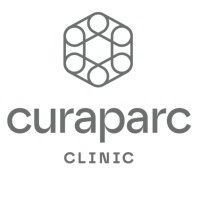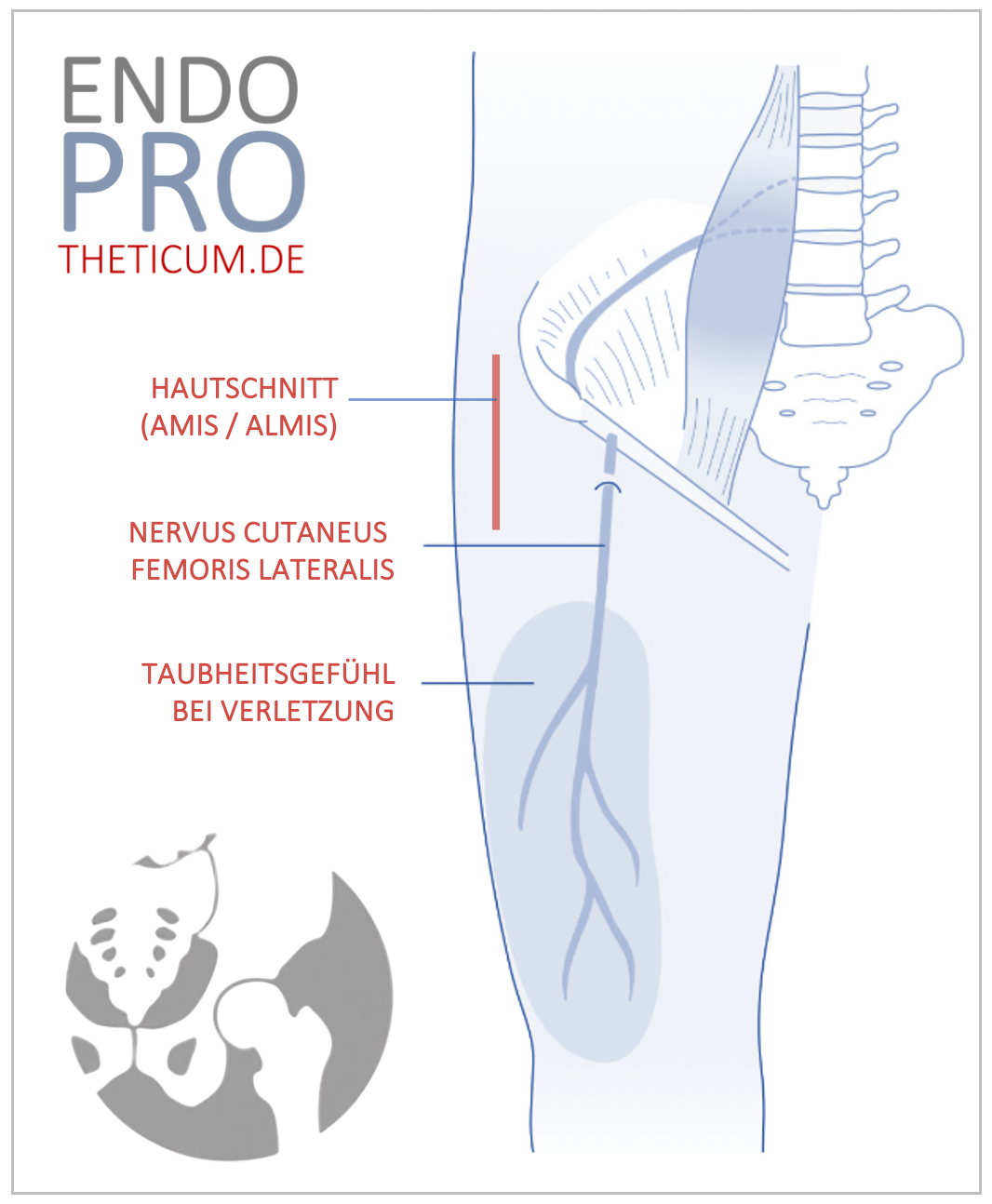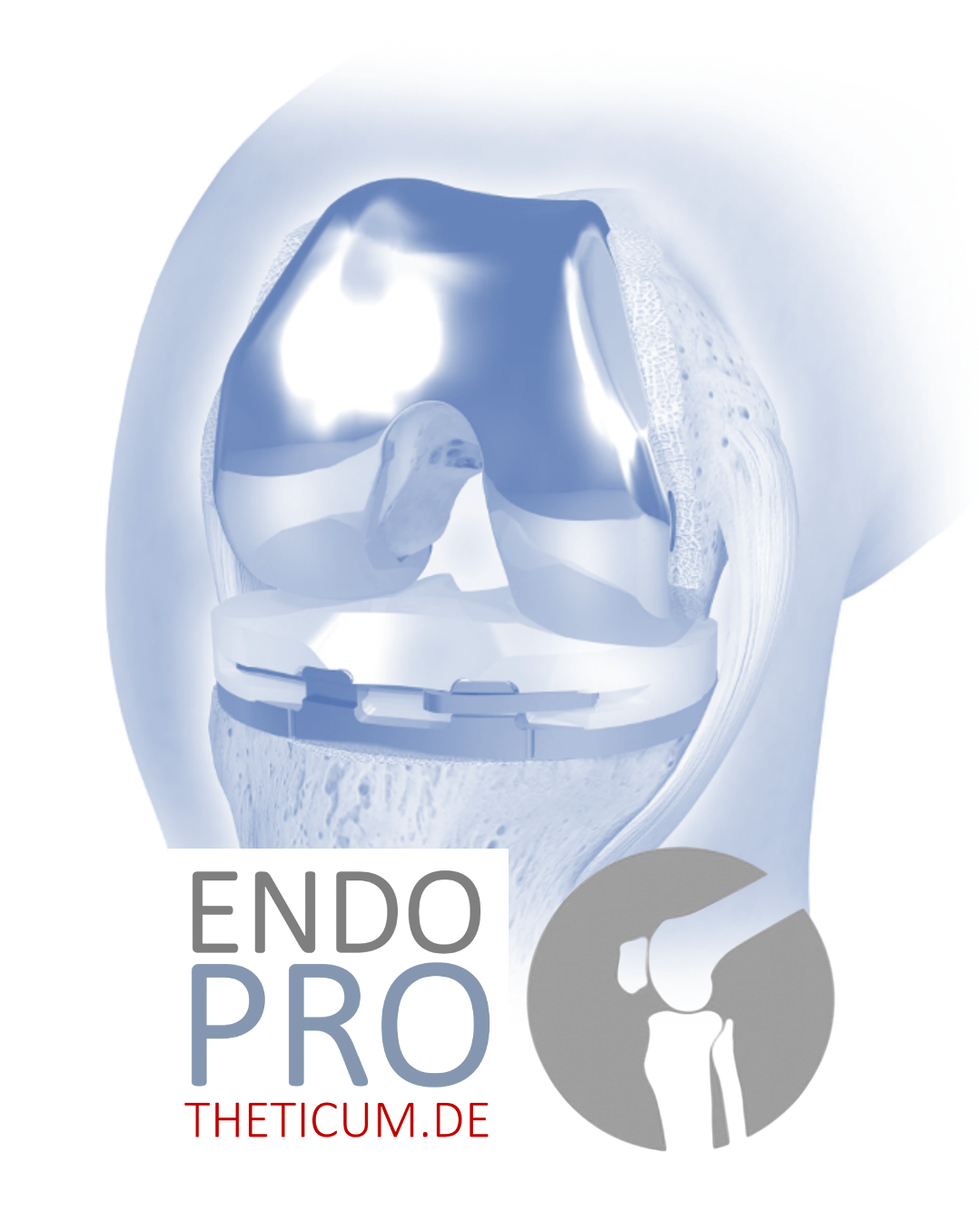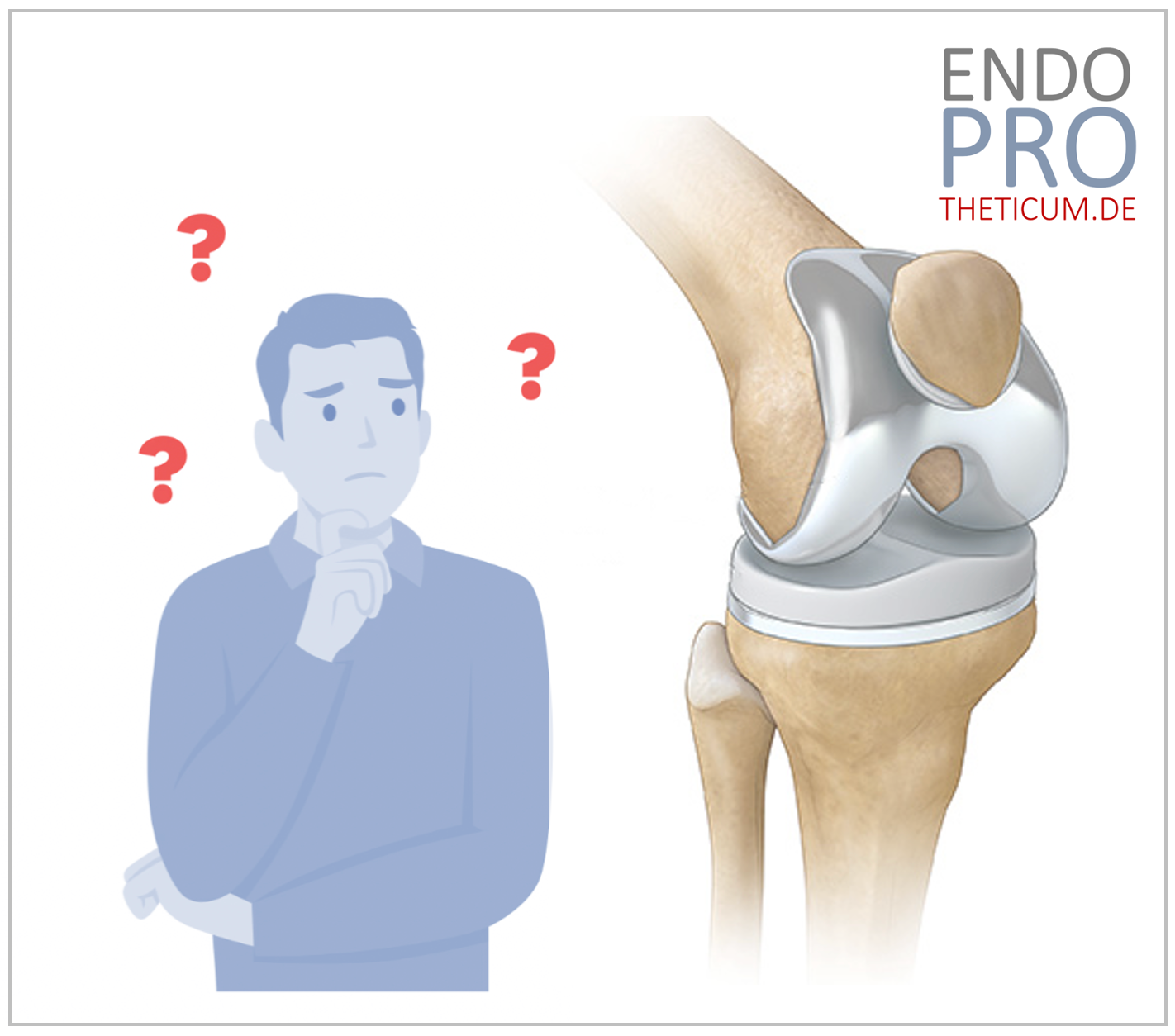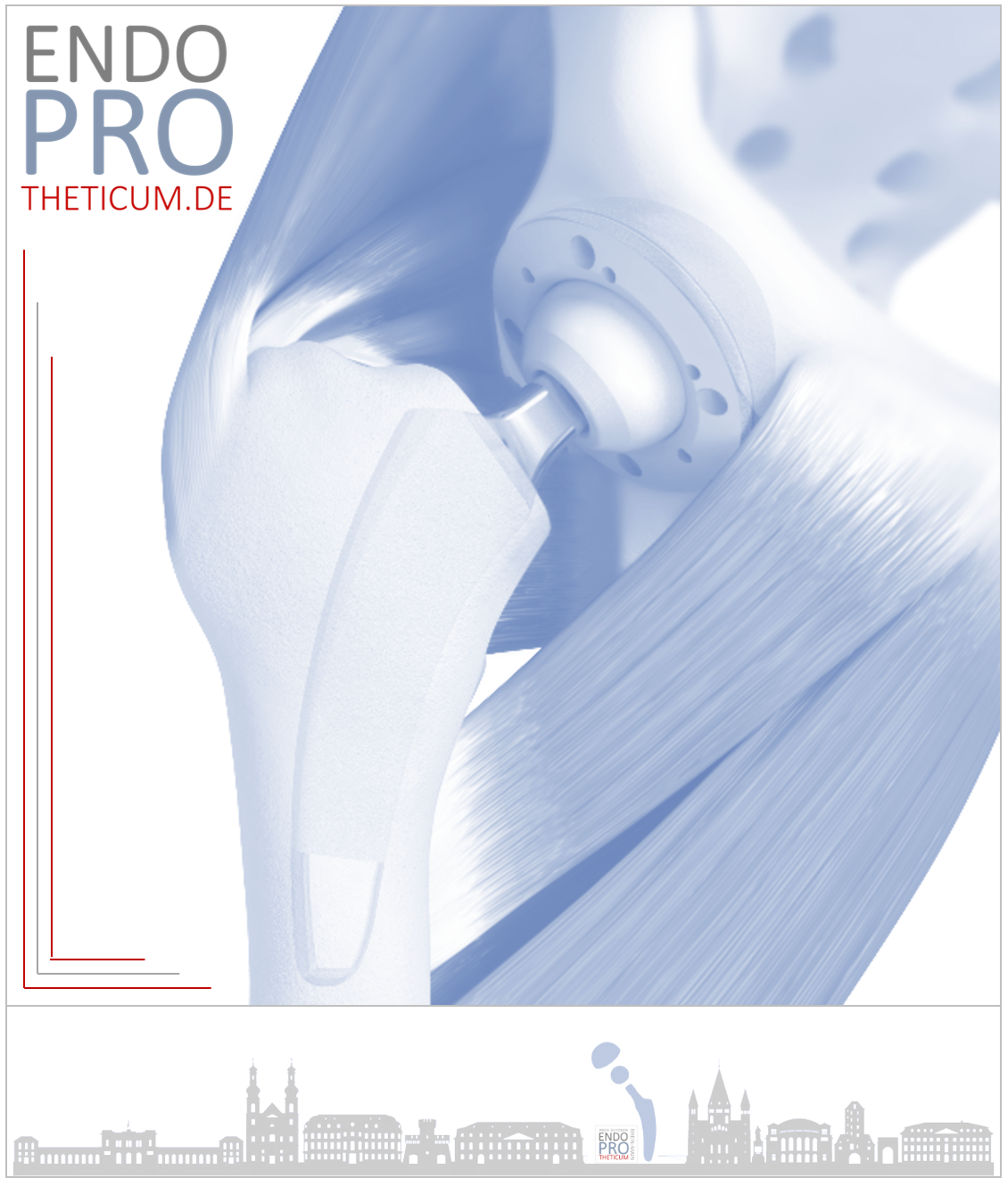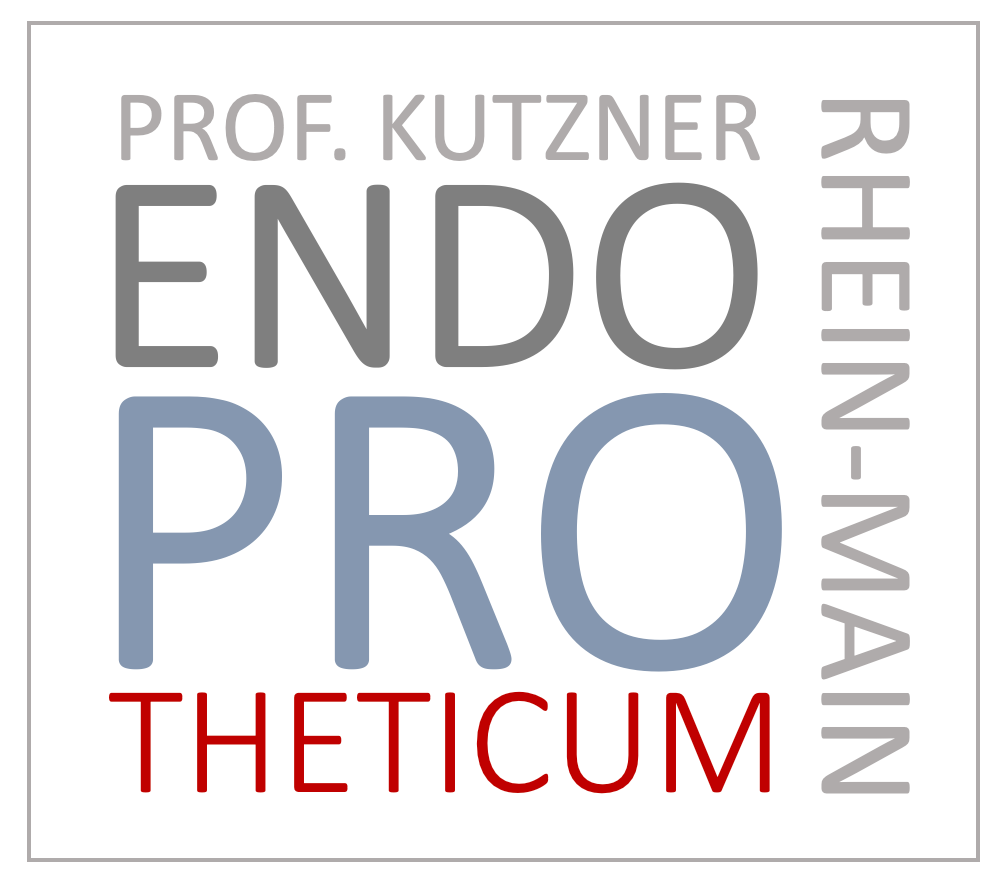Individual cost coverage by statutory health insurance for hip and knee replacements
How does the reimbursement of individual costs work with statutory insurance?

In Germany, hip and knee replacement surgeries are common procedures for restoring mobility and quality of life for patients with advanced joint diseases. While such procedures are traditionally performed in public hospitals, an increasing number of patients are considering treatment in private clinics. However, a common misconception is that private clinics are exclusively reserved for privately insured patients. In fact, those with statutory health insurance can also benefit from the services of a private clinic under certain conditions, particularly through the individual cost reimbursement procedure.
In this comprehensive guide, we will explain in detail the concept of individual cost coverage, describe the application process to statutory health insurance companies for hip and knee replacement surgeries in private clinics, and show how patients like you can take advantage of this option.
What is individual cost coverage?
Individual cost coverage is a procedure in which statutory health insurance covers the costs of medical treatment in a facility that does not have a contract with statutory health insurance providers, as is often the case with private clinics. This means that the health insurance company covers the treatment costs in the private clinic up to the amount that would have been incurred in a public hospital. Any additional costs must be borne by the patient.
This procedure allows those with statutory health insurance to access services that may not be included in their regular benefits package or that are provided in facilities that are not part of the standard statutory health insurance network.
Requirements for individual cost coverage for hip and knee replacements
In order to receive individual cost coverage for a hip or knee replacement operation in a private clinic, certain conditions must be met:
- Cost neutrality : Treatment in a private clinic must not be more expensive than in a public hospital. Statutory health insurance only covers costs that would have been incurred in a public facility. Any additional costs, such as for a private room or extra services, must be borne by the patient.
- Medical necessity : The operation must be medically necessary and comply with the guidelines of the statutory health insurance.
- Lack of treatment options : In some cases, individual cost coverage may be approved if the required treatment is not available in a public hospital in a timely manner or of sufficient quality.
- Prior authorization : The patient must submit an application for cost coverage to their health insurance company before starting treatment and await approval. Without this prior authorization, there is no entitlement to reimbursement.
The application for reimbursement of individual costs: Step-by-step instructions
The process of applying for reimbursement of individual expenses can seem complex, but with the right preparation and approach, you can increase your chances of approval. Here is a detailed guide:
- Consultation with your treating physician : Discuss the possibility of surgery in a private clinic with your orthopedist or surgeon. Have them explain the medical necessity and the advantages of treatment at your chosen facility.
- Obtain a cost estimate : Request a detailed cost estimate from the private clinic that lists all anticipated treatment costs. This should be comparable to the usual costs in public hospitals.
- Submitting an application to your health insurance company : Submit the cost estimate along with an informal application for reimbursement to your statutory health insurance company. Explain why the treatment should take place in a private clinic and attach all relevant medical documents.
- Waiting time and inquiries : Processing your application may take several weeks. Please stay in contact with your health insurance provider and answer any follow-up questions promptly.
- Wait for approval : Do not begin treatment until you have received written approval from your health insurance company. Without this approval, you bear the financial risk yourself.
Advantages of treatment in a private clinic
Choosing to undergo treatment in a private clinic offers several potential advantages:
- Individual care : Due to a smaller number of patients, private clinics can often offer more personal and intensive care.
- Specialization : Many private clinics specialize in specific fields and have experienced specialists, which can lead to better treatment results.
- Comfort and amenities : Private clinics often offer upscale facilities and additional comfort, such as single rooms or special services.
- Flexibility in appointments : A more streamlined organization can often lead to shorter waiting times and more flexible appointment scheduling.
Common misunderstandings and clarifications
There are some common misconceptions regarding the treatment of patients with statutory health insurance in private clinics:
- Myth: Private clinics are only for private patients : The fact is that even those with statutory health insurance can be treated in private clinics, provided that the cost coverage is clarified in advance.
- Myth: High additional costs for those with statutory health insurance : If the health insurance company approves the reimbursement of individual costs and the treatment costs correspond to those in public hospitals, there are no or only minor additional costs for the patient.
- Myth: Complicated application process : With the right preparation and support from the treating physician, the application process is manageable and easy to handle.
MAKE AN APPOINTMENT?
You are welcome to make an appointment either by phone or online .








